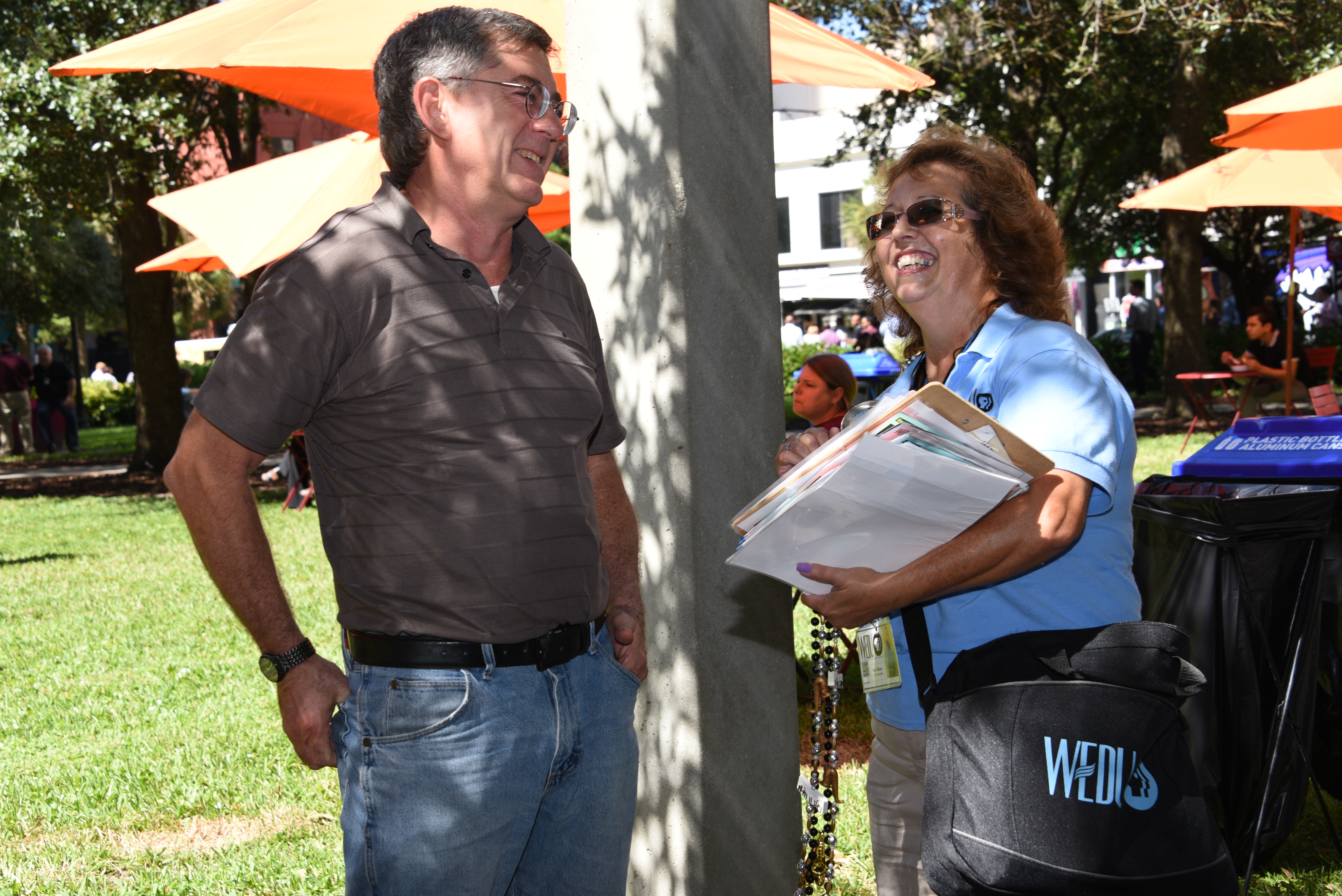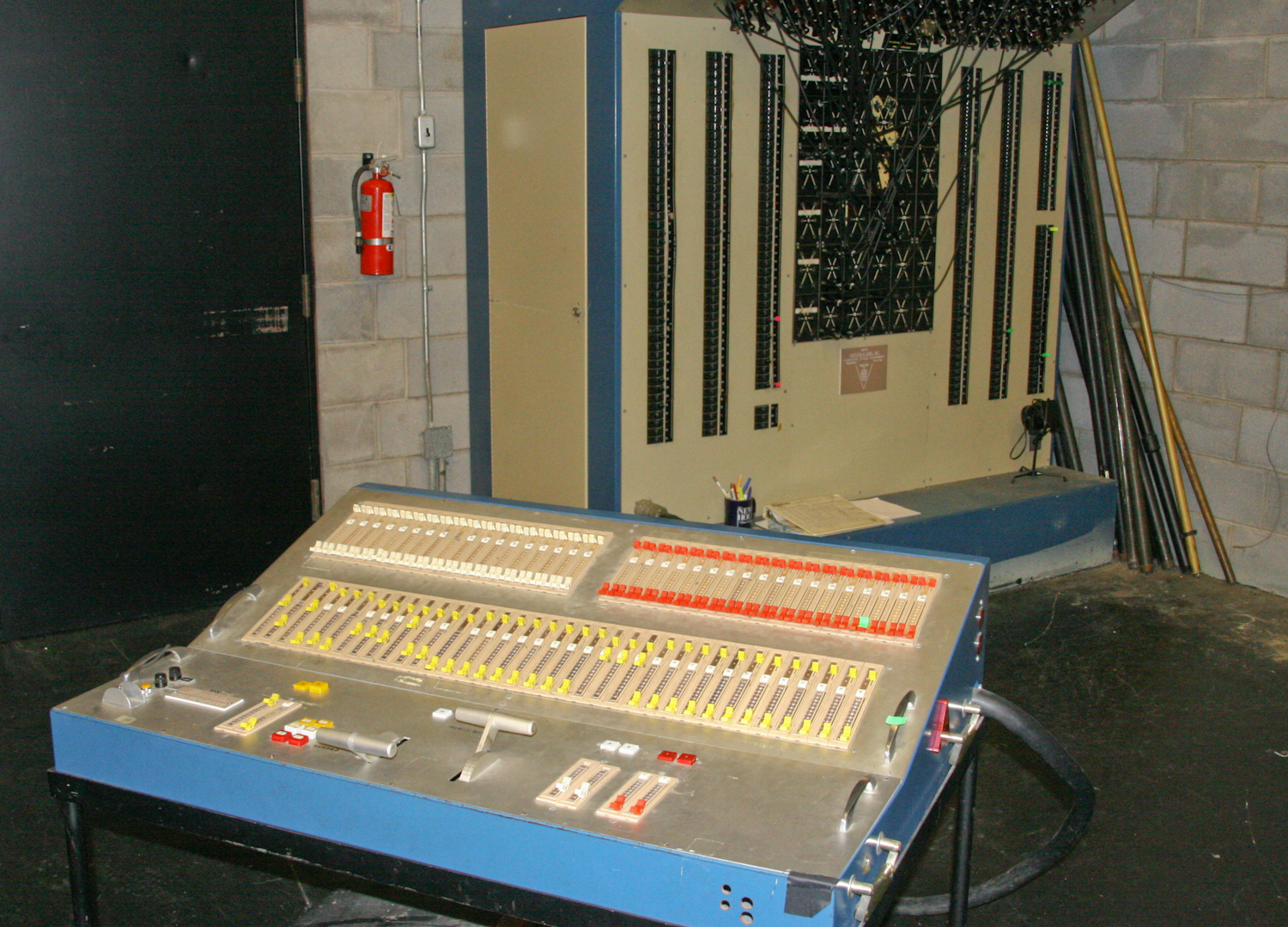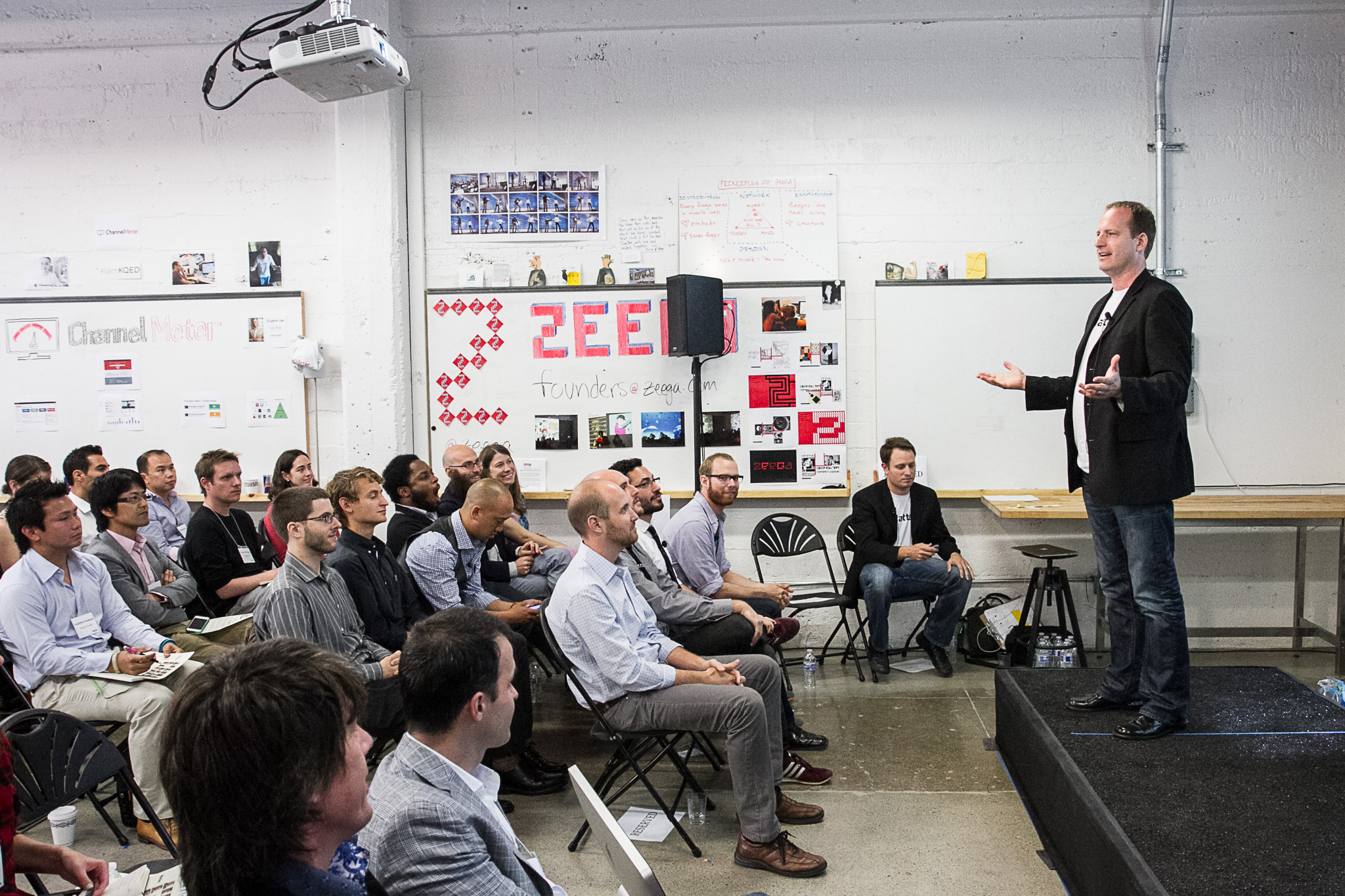Development
Tracking metrics expected to improve as podcasts grow
Participants in a panel about digital audio sponsorship shared tips for making money from podcasts.Pubmedia executives, stations recognized at PMDMC
Public media leaders were honored for excellence in fundraising and development.Pubcasters refine tactics for acquiring donors through canvassing
Data collection and research have become more sophisticated over the past five years.Why stations should look to younger sustainers for bequests, major gifts
Findings from a new survey suggest that public media should focus on cultivating sustainers for decades to come.What stations need to know about fundraising partnerships
Public media organizations entering into fundraising partnerships with other nonprofits risk steep fines if they fail to comply with FCC rules.KPCC case study: Using the ‘dark arts of digital marketing’ to convert donors
The station partnered with a digital marketing firm on a campaign targeting its audience with Facebook ads and website banners.Eight things to consider when pledging classical radio this fall
The time could be right to emphasize a theme of “peace, calm and quiet.”Outdated lighting equipment leads to $2M WXXI donation
The donation tops off a five-year capital campaign that surpassed a $17 million goal.WNET tests strategy to keep regular viewers watching, and donating, during pledge
The New York station has abandoned traditional on-air campaigns for regularly scheduled pledging four times weekly.Generation Listen aims to bring millennials into the NPR family
As an audience engagement initiative, Generation Listen is trying to build community by having younger people bring their friends to the table.Media central to philanthropic strategies, report says
Between 2009 and 2013, U.S. funders gave more than $5.5 billion in media grants to more than 10,000 organizations, the report said. ...WGBH partners with mobile app to connect with supporters
LetsAllDoGood aims to help WGBH reach core givers.Serving mission, seeking profits through public benefit corporations
RadioPublic joins a cadre of startups choosing the new hybrid structure.CARS to offer philanthropic screening of vehicle donors
Public broadcasting clients can opt into the screening service at no cost.Honolulu Civil Beat moves to become a nonprofit
The website filed for nonprofit status with the IRS June 1 and can begin operating as a nonprofit immediately.














